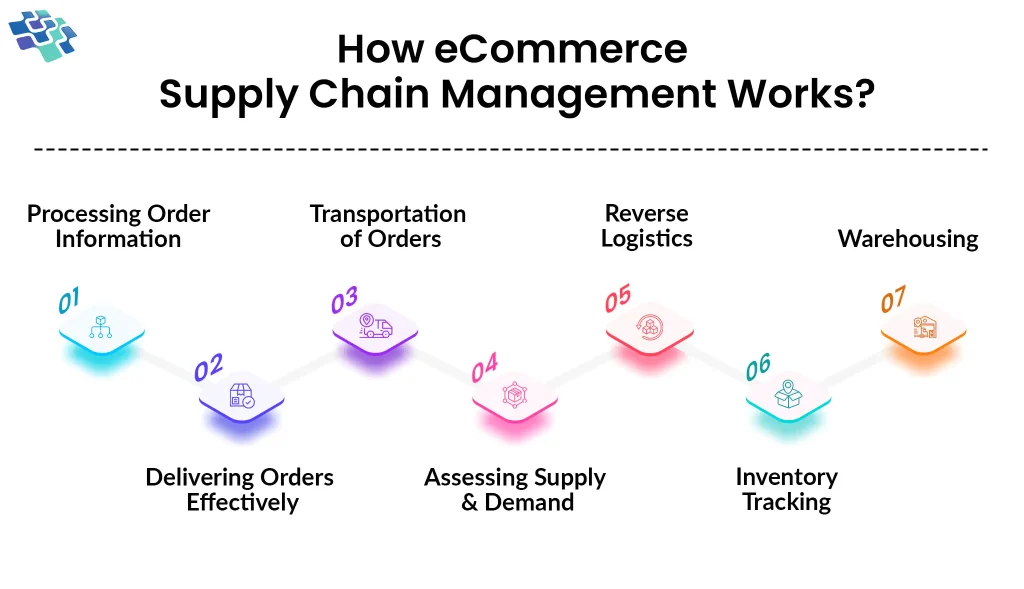Importance of Logistics in Ecommerce
Ecommerce logistics plays a crucial role in ensuring smooth operations for online businesses. It involves the movement, storage, and management of goods from the point of origin to the final customer. Without an efficient logistics system, ecommerce fulfillment may struggle with delays, increased costs, and customer dissatisfaction. The importance of logistics extends beyond transportation; it includes warehousing, inventory management, packaging, and last-mile delivery. A seamless logistics system helps businesses meet customer expectations, leading to better brand reputation and increased sales.
Warehousing and Inventory Management
One of the fundamental aspects of ecommerce logistics is warehousing and inventory management. Proper storage facilities ensure that products are readily available when customers place orders. Ecommerce companies use various warehousing strategies, such as centralized warehouses, fulfillment centers, and third-party logistics providers. Advanced inventory management systems help businesses track stock levels, forecast demand, and prevent stockouts or overstocking. A well-organized inventory system reduces operational costs and ensures faster order fulfillment, which enhances customer satisfaction.
Role of Technology in Ecommerce Logistics
Technology has revolutionized ecommerce logistics by improving efficiency and reducing errors. Automation in warehouses, real-time tracking, and artificial intelligence-driven demand forecasting have transformed the way businesses handle logistics. Robotics and automated picking systems enable faster order processing, while GPS tracking allows customers to monitor their shipments. Artificial intelligence helps businesses optimize delivery routes, reducing transportation costs and improving delivery speed. Investing in technology-driven logistics solutions enhances operational efficiency, minimizes delays, and ensures a seamless customer experience.
Last-Mile Delivery and Customer Satisfaction
Last-mile delivery is a critical component of ecommerce logistics, as it directly impacts customer satisfaction. This stage involves delivering the product from a distribution center to the customer’s doorstep. Challenges in last-mile delivery include high costs, traffic congestion, and failed delivery attempts. To address these challenges, businesses adopt solutions such as route optimization, multiple delivery options, and local fulfillment centers. Some companies use drones and autonomous vehicles to improve delivery speed and efficiency. A streamlined last-mile delivery process ensures timely deliveries and enhances customer trust in the brand.
Future Trends in Ecommerce Logistics
Ecommerce logistics continues to evolve with emerging trends shaping the future of supply chain management. Sustainable logistics solutions, such as eco-friendly packaging and electric delivery vehicles, are gaining popularity. Businesses are adopting artificial intelligence and machine learning to improve demand forecasting and inventory management. The integration of blockchain technology enhances transparency and security in the supply chain. Additionally, the growth of hyperlocal logistics allows businesses to fulfill orders quickly by leveraging nearby warehouses and delivery hubs. Staying ahead of these trends helps ecommerce companies remain competitive in a rapidly changing market.
